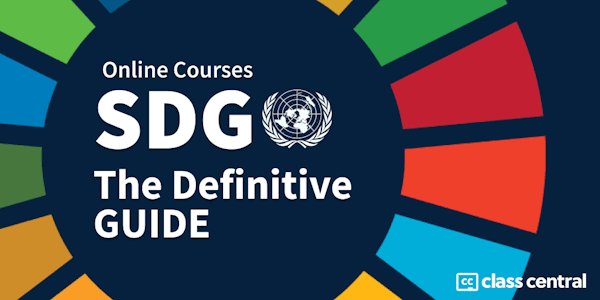Cities, as the crucible and the hub of human innovation and advancement, face critical changes in their fundamental role. Through a smart city, the global community has strived to converge and integrate environmental, digital, bio, and financial technologies to solve various urban problems. It is imperative to understand the true value and implementation practicality of key technologies in their full depth for their deployment in the construction of new smart cities or in the regeneration of legacy cities to advanced smart ones in the right way. This course is intended to provide a full scale of study on the whole perspective of smart city, which will include theoretical, political, economic, administrative, regulatory and governance framework of smart city, research and analysis on global best practice cases of smart city implementation and their actual operational characteristics, approaches and methods to develop a master plan to achieve mid-to-long-term communal goals, and building successful business models for sustainable business ecosystems in and around the smart city, and all relevant subjects of study and research.
This course will make an overall introduction to global smart city development in order to inform the leaders in smart cities and communities. The course will enable the course takers to make a step forward in developing an open, collaborative, citizen-centric, and digitally-enabled operating model for their city that realizes their vision of smart city toward sustainable, resilient, and prosperous future.



